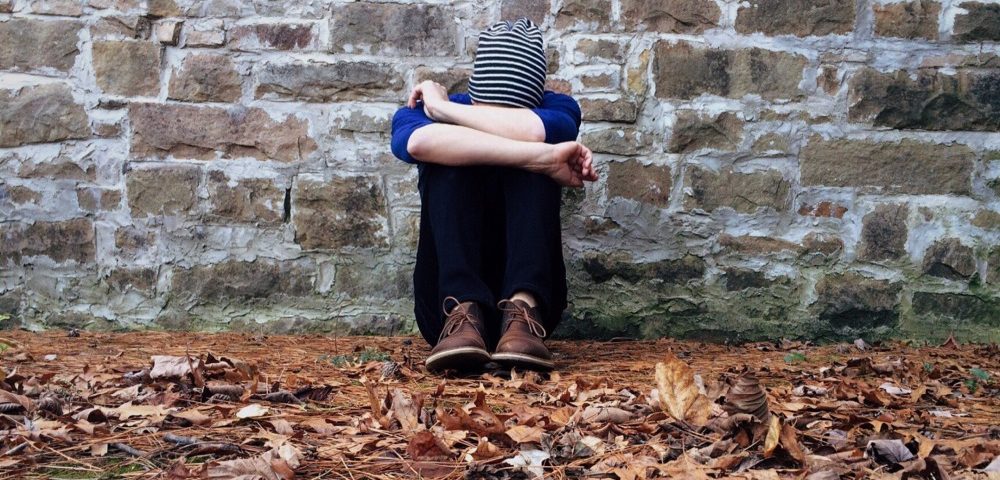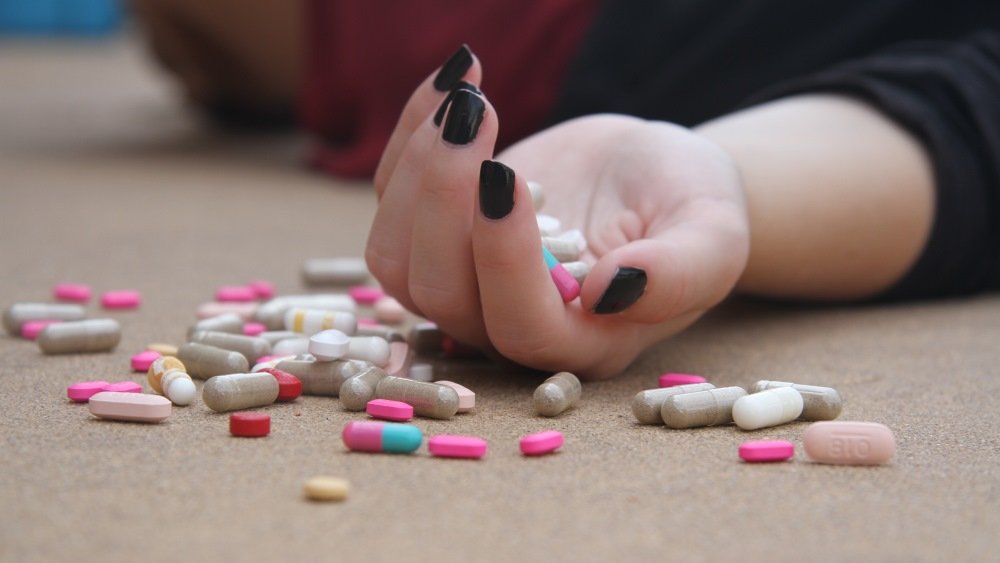
DigitalK Presents: Ivan Dimov and Single Step
27.07.2017
We Are Looking For Volunteers!
30.08.2017
About the "Curing" and Professionals
"First thing my parents did after I came out was take me to a psychologist who should cure me”
So, who are you, dear colleagues, who really “cure” different sexual orientation?
It often happens that parents, whether in their feeling of helplessness due to lack of knowledge, or through their desire to “change” the sexual orientation or gender identity of their child they have just found out to be gay, resort to health-care specialists. These specialists are usually psychologists, psycho-therapists or psychiatrists (the nuances between these fields is a matter to be explored in a different article).
The parents’ requests usually are: „My child is gay, please change him!“, „She is sick, please, do something!“, „Where did we go wrong that led her to turn out “this way”?“, „What should we do to change her?“ In these situations akin to a life crisis, when the parents do not necessarily know or have read about the etiology of sexual orientation or gender identity, they imagine a dark future for their child, isolation and suffering for the whole family, and this is when they need support! Yes, support, dear colleagues! To accept their child, to understand, that this is not a sickness, sexual orientation and gender identity are not a matter of choice, certainly are not “a phase which will pass”, most certainly not something rooted in past pathological relationships, and not a result of trauma.
Honestly, how many LGBTI people have you “cured”, dear colleagues, or the lack of the therapeutic success is due to the resistance of the client towards such change (no wonder why)? It is high time that we talk about the elephant in the room is and ask some specific questions:
1. Did you know that after the APA (American Psychiatric Association) removed homosexuality from the list of mental illnesses in 1973, the World Health Organization did the same in 1990, and in Bulgaria being gay was officially decriminalized in 1966, and it has not been accepted as a mental illness since the beginning of our democracy?
2. The biggest source of stress, generator of depressive states and risk behaviours such as running away from home, suicidal acts, and addictions among LGBTI youth are due precisely to the unacceptance from the family, close people, friends and all the prejudice in society against LGBTI people. When a young person does not feel understood by his family, chances are that he/she will turn to destructive coping mechanisms, depending on resources available. Research suggests that the most important predictor of the quality of life of LGBTI youth is the acceptance of the family. In comparison with these, who have been accepted in their family, LGBTI youth, who have been rejected, are 8 times more likely to attempt suicide; almost 6 times more likely to develop depressive symptoms; 3 times more likely to turn to drugs; 3 times more likely to get infected with HIV. Don’t you think that when you support the work towards “change” or “cure” of these so called specialists, you actually strengthen the stereotypes which are most harmful to LGBTI youth and their families?

3. By strengthening the feeling of guilt in the parents you harm the whole family system and you support dysfunctional processes of communication and interaction. Just because a boy played with girls' toys does not “make” him gay, and just because a girl preferred boyish games does not “make” her a lesbian. Yes, debates related to the etiology of different sexual orientation and gender identity are still present, but why don’t we agree on the fact that as much as it is ok for someone to define themselves as heterosexual, it is ok for someone to define themselves as homosexual, without this being a deviation from the norm?
4. Dear colleagues, it is of great importance in which direction you decide to work with your LGBTI clients and I urge you, if you have a personal bias against them, to recommend a colleague whom you know and whom is prepared to work without prejudice and with professional expertise in order to strengthen the relations in the family and in the community of the LGBTI youth, and not isolating the “patient”. Bullying in school, violence in and outside the family, not accepting one's personality are among the greatest sources of unhappiness in the everyday life of LGTBI individuals, with which they are forced to deal alone. As health-care specialists you can be the source which could improve the life of LGBTI youth in a heteronormative society.




